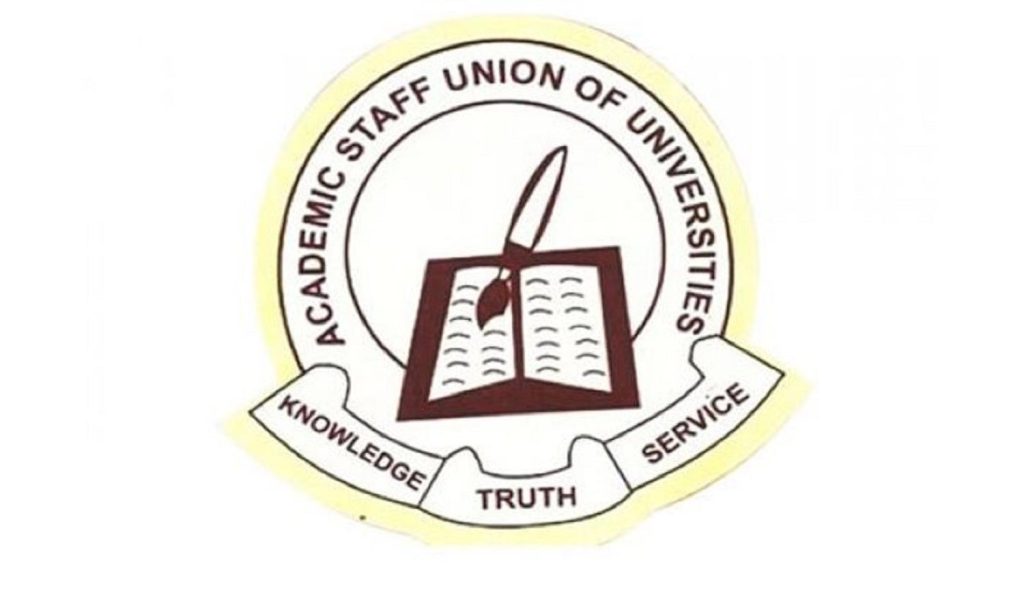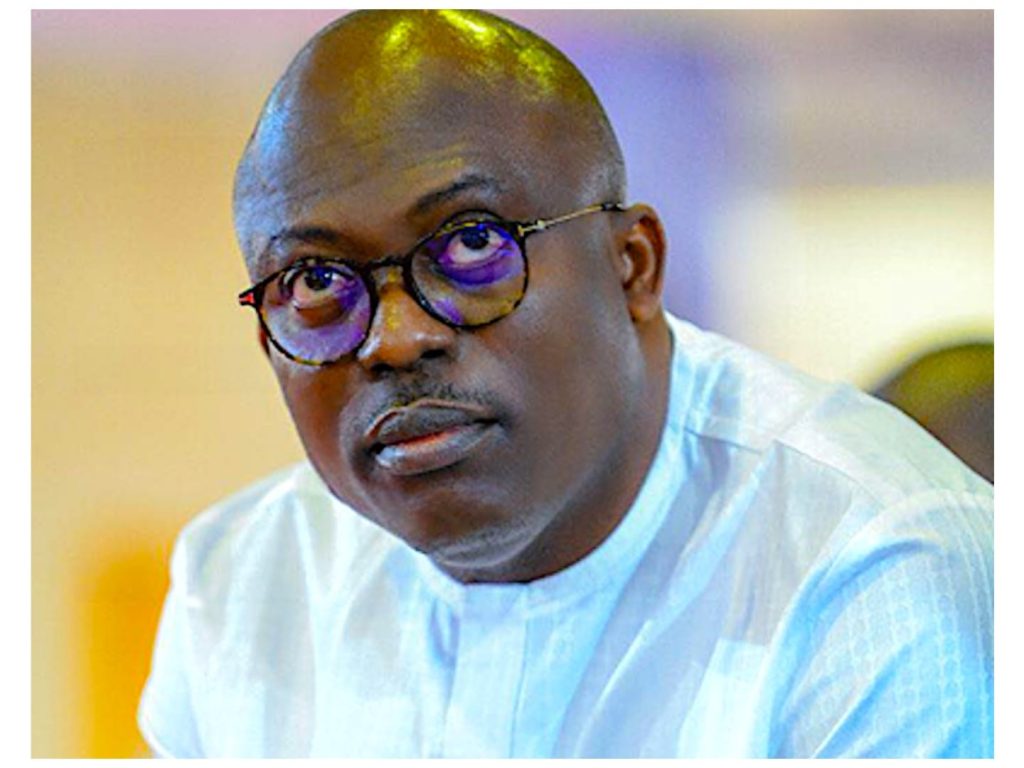South Africa’s Education Bill Sparks Controversy Over Government Control
A contentious education bill in South Africa has sparked heated debate, with the country’s second-largest political party, the Democratic Alliance, warning that it threatens the unity government and the constitutional right to education in students’ mother tongue.
The bill, which seeks to give the government more control over language and admission policies in schools, has been criticized by critics as a threat to single-language schools, particularly those that use Afrikaans, a language spoken by the country’s white, minority Afrikaner population and others.
South Africa has 12 official languages, with English being the most widely used medium of instruction. However, some schools use Afrikaans, which developed among Dutch and other European colonial settlers in the 17th century. According to government figures, at least 2,484 public schools in the country use Afrikaans as a medium of instruction.
Democratic Alliance leader John Steenhuisen has expressed strong opposition to the bill, stating that it would give the government too much power over schools and undermine the constitutional right to education in students’ mother tongue. He plans to meet with President Cyril Ramaphosa before the bill is signed into law on Friday to express his concerns.
The African National Congress, which leads the unity government, believes the bill would avoid the exclusion of majority Black learners from schools where the only language of instruction is Afrikaans. However, critics argue that the bill would lead to the closure of Afrikaans-language schools and the erosion of the language’s cultural heritage.
Afriforum, a civil society group, has also expressed opposition to the bill, warning that it would wipe out Afrikaans schools and replace them with single-medium English institutions.
The controversy surrounding the education bill highlights the complex and sensitive issues surrounding language and education in South Africa. As the country navigates its complex history and seeks to build a more inclusive society, the debate over the bill is likely to continue.
In conclusion, the education bill has sparked controversy over government control and the future of Afrikaans-language schools in South Africa. The debate highlights the complexities of language and education in the country and the need for a nuanced approach to addressing the needs of all learners.



